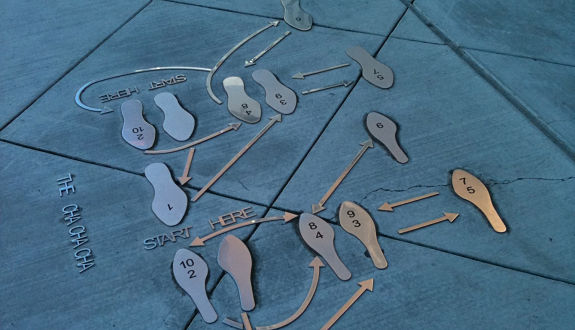Report: Baseball Players Know Diddly about the LSAT
- by
- Mar 26, 2010
- LSAT, Sports
- Reviewed by: Matt Riley


So the brutal taskmasters here at MSS have me doing various google searches throughout the day, poring over news stories and blog posts looking for mentions of the LSAT. And let me tell you: it’s a dry, dry desert out there.
Until you find stuff like this.
This Darren O’Day character (a relief pitcher for the Texas Rangers, who are once again going to get owned by the Angels this year) seems like a pretty bright guy, even when not comparing him to the majority of baseball players, who Rick Reilly has referred to as “dumber than toe lint”. That, of course, is meaningless, and further proof that Reilly is a hack, but I agree with the spirit of the statement.
So O’Day is a relatively smart guy, has a few eclectic interests, and scored in the 80th percentile on the MCAT (which is an insane test), but if you scroll down the article, you’ll see that he has a comment about the LSAT, saying “It’s just a logic test…you really can’t study for it”.
Good to know.
This is a common misconception about standardized tests that don’t test knowledge: that you can’t study for it, like the ability to take the test is some innate gift handed down from genetic code to genetic code, which you either possess or wish you possessed.
While it is certainly true that some people have a set of traits and a background that predispose them to do well on the LSAT, most people who score well on the test do so after study. Hell, Blueprint’s students average a ten point increase on the test, which we generally attribute to studying and not blind damn luck.
The LSAT is not a test of knowledge, granted, but the very fact that it is not probably makes it more susceptible to study. Compare the LSAT and the BAR exam, for example. To do well on the LSAT, most people need two to three months of semi-intensive study (on the order of 20 to 30 hours a week). To do well on the BAR exam, mostly a knowledge test, most people need to gut through three years of law school and then months of non-stop studying ($150,000, hours upon hours of studying minute details, the beginnings of serious alcohol addiction).
So, this may come as a bit of a surprise, but the moral of this story is this: you probably shouldn’t look to MLB relief pitchers for LSAT study tips. Just a heads up.
Search the Blog

Free LSAT Practice Account
Sign up for a free Blueprint LSAT account and get access to a free trial of the Self-Paced Course and a free practice LSAT with a detailed score report, mind-blowing analytics, and explanatory videos.
Learn More
Popular Posts
-
logic games Game Over: LSAC Says Farewell to Logic Games
-
General LSAT Advice How to Get a 180 on the LSAT
-
Entertainment Revisiting Elle's LSAT Journey from Legally Blonde








